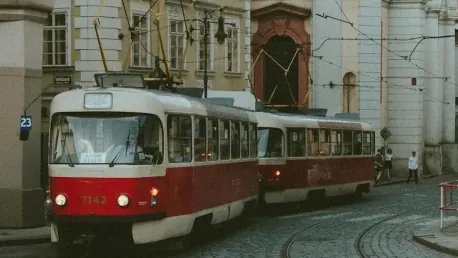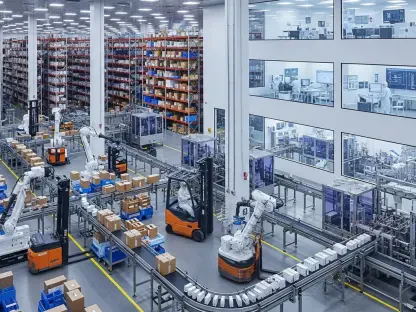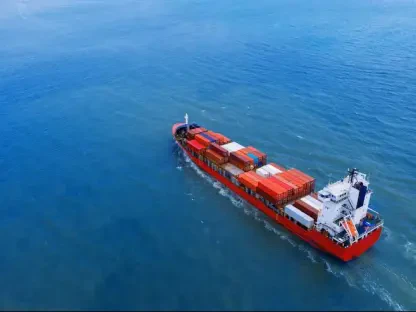In a significant step towards modernizing urban logistics, the German LogIKTram project has concluded, marking the completion of a four-year initiative to evaluate the feasibility of using freight trams for urban transportation. Launched in August 2020 and completed in the summer of 2024, this project aimed to leverage existing tram infrastructures within cityscapes to efficiently transport goods. The focus was mainly on small packages and slightly larger items like bicycle trailers, making use of the urban rail networks already in place. The project sought to present an alternative to traditional truck-based deliveries, which frequently contribute to city congestion and environmental concerns.
Innovative Logistics Solutions
One of the most noteworthy achievements of the project was the development of a prototype freight tram designed to handle a variety of cargo types. This prototype incorporated interchangeable containers, simplifying the transfer process between trams and trucks. The ability to quickly and efficiently transfer goods between different modes of transport is essential in an urban setting, where time and space are at a premium. This approach allows for seamless integration into existing logistics frameworks, minimizing disruption while maximizing efficiency.
Adding to the operational capabilities of the freight tram was an advanced booking tool developed by Marlo Consultants GmbH. This tool integrates with customers’ transport management systems, offering real-time booking and route adjustment features. By leveraging modern European data standards—similar to those utilized in successful urban logistics projects in the Netherlands—the system ensures high levels of accuracy and reliability. These developments mark a significant technological advancement in the realm of urban freight logistics, potentially setting new industry standards for efficiency and adaptability.
Collaborative Efforts and Support
The LogIKTram project was coordinated by Albtal Verkehrs-Gesellschaft and benefited from the collaboration of multiple esteemed partners, including the Karlsruhe Institute of Technology and INIT GmbH. The project’s broad coalition highlights the cooperative spirit driving advancements in urban transportation. Entities like Hitachi Rail and the city of Karlsruhe provided crucial support, demonstrating a multi-sector commitment to innovative logistics solutions. Such widespread collaboration underscores the potential for these initiatives to gain traction across various sectors, making the findings and developments of the LogIKTram project particularly impactful.
Financial backing from the Federal Ministry for Economic Affairs and Climate Protection further emphasized the project’s importance. Governmental support for initiatives like LogIKTram reflects an official acknowledgment of the necessity to explore sustainable and technologically advanced urban logistics solutions. This funding not only enabled the practical developments seen within the project but also set a precedent for future governmental involvement in similar initiatives. The success of the LogIKTram project could prompt further investment and research into the field, encouraging continual improvement and adoption of these methods.
Towards a Sustainable Future
The conclusion of the LogIKTram project points to a broader trend in urban logistics: the integration of innovative transport solutions within existing infrastructures to mitigate congestion and environmental degradation. The project offers a compelling case study illustrating how urban freight transport can be reimagined to be more efficient and eco-friendly. Automated logistics processes, exemplified by the advanced booking tool and the seamless transfer capabilities between trams and trucks, highlight a push toward streamlined urban logistics.
Overall, LogIKTram represents a promising shift towards sustainable, technologically advanced solutions for urban logistics. By utilizing existing tram infrastructure, the project has shown that it is possible to alleviate city congestion and reduce environmental impact while maintaining efficient goods transportation. The outcomes of LogIKTram serve as a convincing argument for municipalities and logistics companies worldwide to consider similar initiatives. The success of this project could pave the way for broader acceptance and implementation of freight trams as a viable alternative to traditional delivery trucks.









